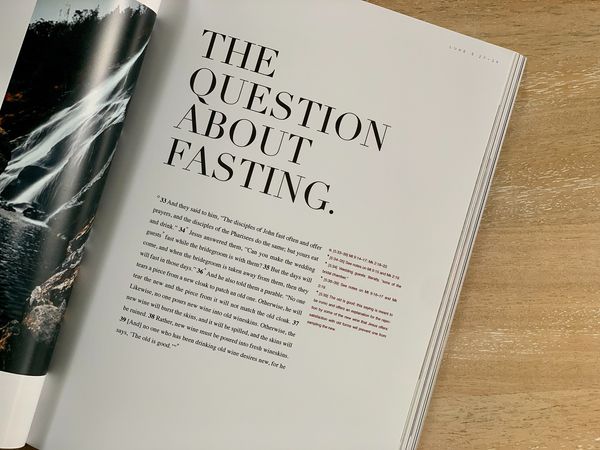Every time we eat something, our blood sugar then rises (to varying degrees depending on the food). In order to channel this energy source from the blood into the cells, the body releases insulin. The hormone ensures that sugar can get where it needs to go either to be burned or stored. Since sugar is our cells’ preferred source of energy, our body stops burning fat when insulin is present in the blood. This is a perfectly normal process and if there are long enough breaks between our meals then the insulin level can drop again a situation which is very important for the human body. The problem arises when we snack continuously and the blood sugar level rises again and again. Then insulin is constantly in our bloodstream and this not only stops fat burning almost permanently but also promotes weight gain. The cells become less and less sensitive to insulin, the pancreas has to produce more and more of it and so we are well on our way to developing insulin resistance. So our goal should be to get into the habit of eating two to three meals a day with at least 4 hours between meals and only snacking in exceptional circumstances. Especially during the night, the time without food should be at least 12 hours. Because not eating for certain hours of the day has countless positive effects: Our cells have time to do their natural cleaning and repairing program, autophagy. Damaged cellular components, deposits and pathogens are discarded or recycled so that good cell function is maintained.Since autophagy only occurs after a 12 to 16 hour fast, try to take this overnight break from eating. So try intermittent fasting because it can reduce your risk of many diseases
Every time we eat something, our blood sugar then rises…

